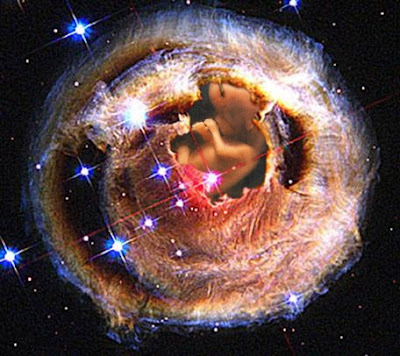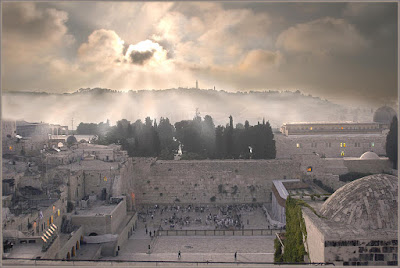The Lurking Hulk and the Truth of Effort

Dude catapulted off the top of the fence and ran away last Shabbat... Every time that I see him, wagging his tail and groveling on his back in the street in front of the house, I want to scream at him and, really, I loose myself with it. Buried deep down, I know that he is the cutest when he does that, but I just can’t seem to get the notion out of my head that he is destroying the fence just for ‘me,’ which of course ignites the inner, lurking Hulk that is also buried deep down. This is the problem in my life... Dude the dog. How ridiculous is that? I have been challenged with this test before, especially with my dog Cody in Boulder. He would shred himself trying to get away from lightning. I was constantly fixing fences and, in the end, put metal plates under the wood of the gates. It didn’t help... So, I have to wonder, ‘Why am I being tested with this special issue?’ I mean, am I just not getting something here? On another related topic, this week we are still watching the crisis a...



